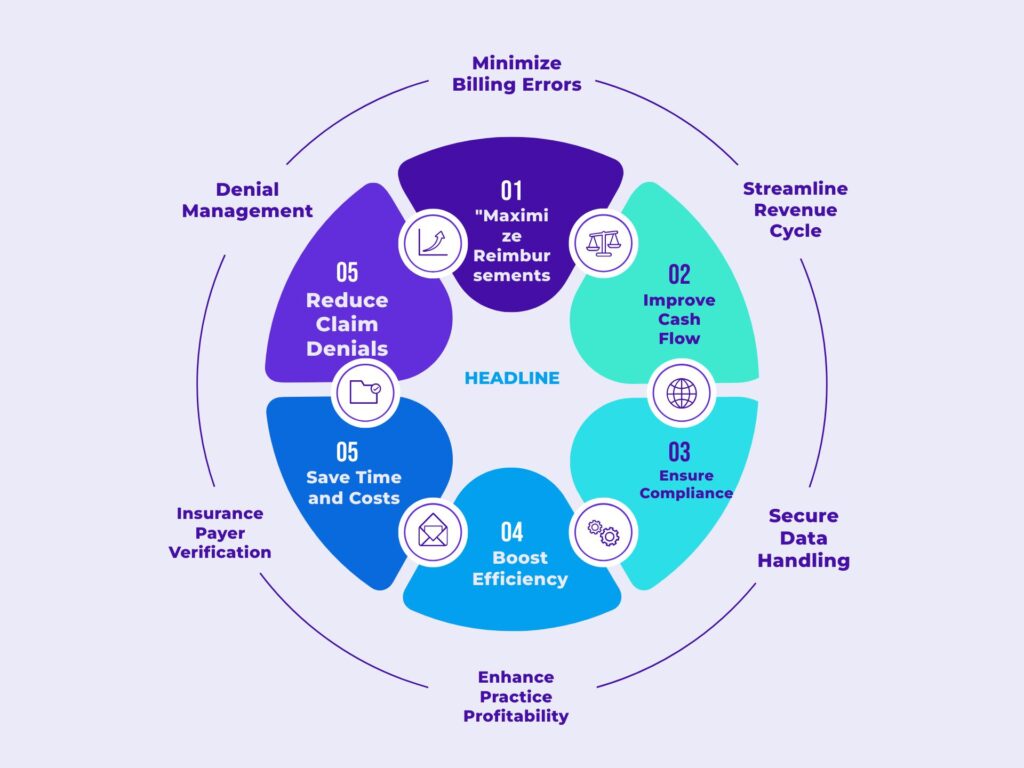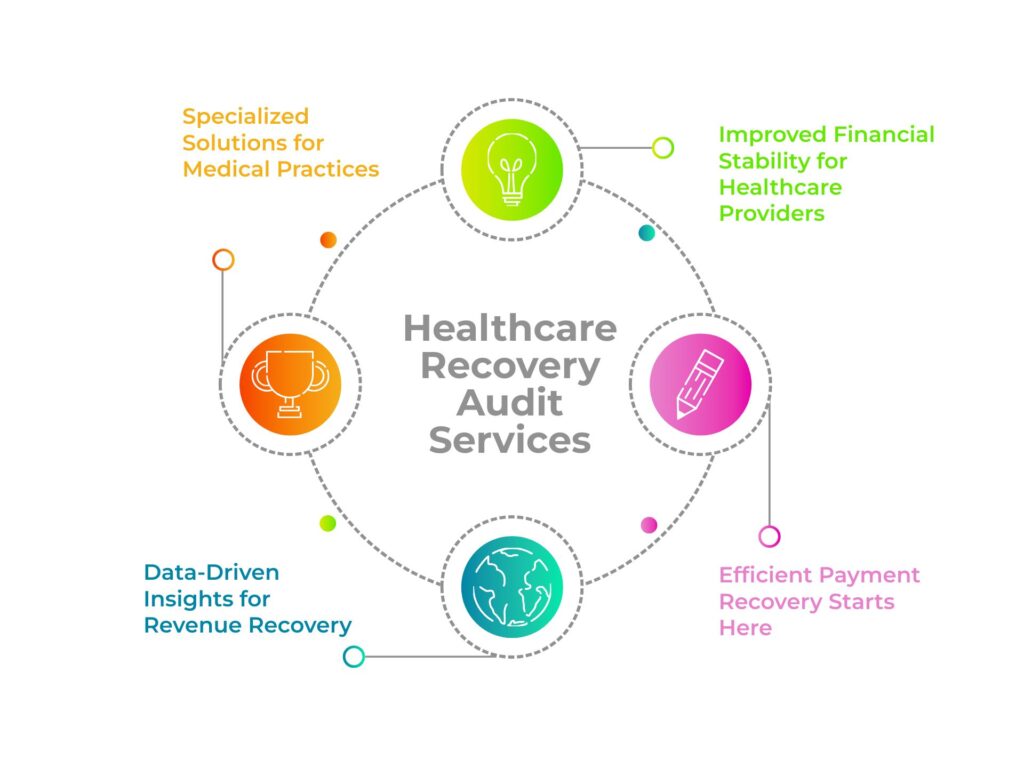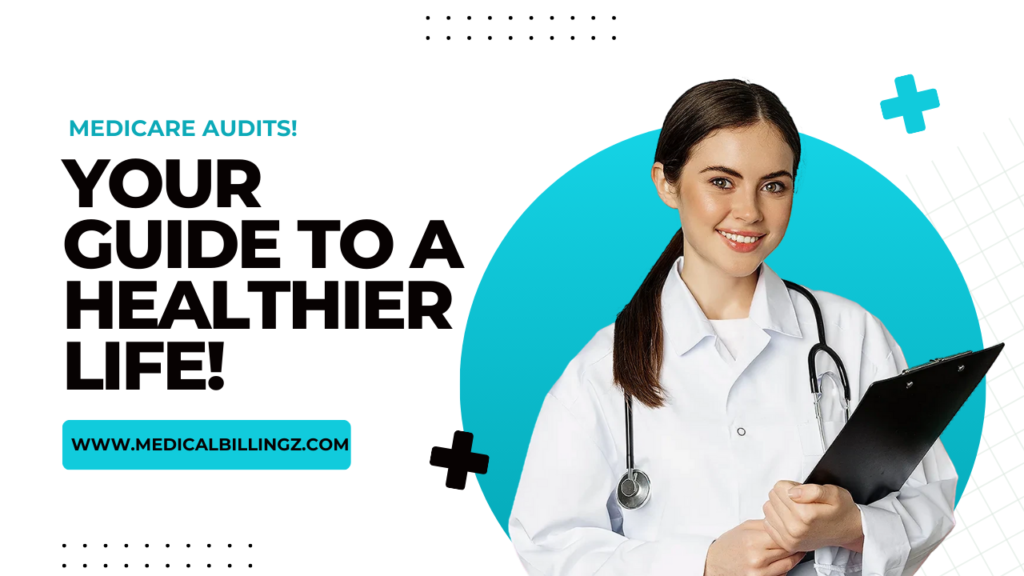Effective billing systems are essential for the smooth functioning of nursing facilities. Following nursing home billing guidelines guarantees adherence, minimizes financial inconsistencies, and promotes more effective care provision.
Billing Protocols for Nursing Home Billing Guidelines
In nursing homes, the process of billing is concerned with processing payments for services that are provided to the residents. Compliance with nursing home billing guidelines is crucial in order to prevent errors, guarantee timely payments, and uphold adherence to healthcare laws. These guidelines simplify the process of managing a range of charges, encompassing medical care, accommodation, and extra services.
The Essential Aspects of Nursing Home Billing Guidelines
Comprehending the fundamental elements of nursing home billing procedures is essential for initiating effective financial administration. The components encompass coding, invoicing, and claim submission processes.
1. Accurate Documentation
Thorough documentation is a fundamental aspect of successful billing. All services offered, including prescriptions, treatments, and expert advice, must be thoroughly documented.
The importance of documentation lies in its ability to validate billing records and uphold regulatory compliance during audit processes.
To accomplish this, ensure that electronic health records are kept and train personnel to document information thoroughly. Implementing Proper Coding Standards Correct Coding Practices.
Effective billing is dependent on accurate coding, which is often facilitated by using classification systems such as ICD-10 and CPT. Correct classification and billing of services is ensured. Claim denials can arise from either misclassifying or using outdated codes.
2. On-Time Claims Filing Timely Claims Submission
Filing claims on time is essential to prevent holds up in the payment process.
Key Recommendations include utilizing automated systems to monitor claim deadlines and simplify the submission process. Ensuring Compliance with Payer Specifications
Understanding Payer Requirements
Payers like Medicare, Medicaid, and private insurance companies have different guidelines for financial reimbursement.
Medicare guidelines primarily emphasize skilled nursing care, physical and occupational therapies, and medical equipment provision.
Eligibility for Medicaid varies by state, generally encompassing long-term care services.
Private insurance companies frequently require pre-authorization for certain medical treatments.
3. Challenges Associated with Nursing Home Billing Guidelines
Even with comprehensive nursing home billing guidelines in place, facilities frequently encounter difficulties that can hinder their financial operations.
- Inadequate staffing frequently leads to billing inaccuracies.
- Ongoing training and medical billing and coding certifications should be continuously provided.
- Regular policy revisions are necessary. Frequent Policy Updates
- Healthcare billing regulations are often subject to revisions.
- To stay current, utilize webinars, newsletters, and professional networks.
4. Claim Denials
Incomplete or inaccurate documentation and coding can result in claims being denied. Prior to submitting, it is essential to conduct thorough reviews to identify and rectify any mistakes. The incorporation of technological advancements. Integration of Technology
Implementing billing software and electronic health record systems presents difficulties for certain healthcare facilities. Implementing user-friendly and interoperable systems is key to ensuring smooth transitions.
Master nursing home billing guidelines with our detailed guide.
Strategies for Management in Nursing Home Billing Guidelines
Implementing effective billing systems in nursing homes requires taking a proactive approach to adhering to established billing procedures.
1. Develop and Implement Comprehensive Training Programs
Implement Robust Training Programs and effectively train staff to manage documentation, coding, and claims submission procedures. Certification programs can offer the required expertise to meet specified needs.
2. Leverage Technology
Implement billing and healthcare management software that synchronizes with current infrastructure. Automation minimizes human mistakes and boosts productivity.
3. Regular Audits
Review billing procedures internally and pinpoint regions where they can be enhanced.
Regular audits help identify errors, prevent potential compliance problems, and guarantee a stable and consistent financial cash flow.
Partnering with Insurance Providers Collaboration with Insurers
Clear up any misunderstandings with payers quickly by keeping open lines of communication to ensure they understand their reimbursement procedures and resolve any disagreements as soon as possible.
Adherence to Medicare and Medicaid regulations.
Nursing homes receive substantial payments from both Medicare and Medicaid. Comprehending their unique billing specifications is vital for uninterrupted performance.

Guidelines for Medicare Billing
Medicare provides coverage for skilled nursing care, therapies, and medical supplies subject to certain requirements. Services should conform to Medicare’s eligibility requirements.
Key Points:
- Prior approval may need to be obtained before proceeding.
- Medical services must be considered necessary for health reasons.
- Medicare Claims Submission Procedures
- Medicaid programs differ from state to state but generally include coverage for long-term residential care and specific medical services.
- Ensure compliance with state-specific regulations.
- Accurate reporting of income and asset information is essential for determining resident eligibility.
- The role of audits in nursing home billing procedures is crucial.
Audits are a crucial component in ensuring compliance with Nursing Home Billing Guidelines. They evaluate facilities to ensure compliance with regulatory requirements and pinpoint areas where billing procedures are lacking.
Types of Audits
Facility-led internal audits are performed to verify adherence to internal policies and procedures.
External audits are conducted by government or independent third-party organisations to substantiate assertions.
Auditing Readiness Preparation
It is essential that all records are thoroughly and accurately recorded and kept current.
Ensuring Staff Preparedness: Provide training to employees so they can manage audit inquiries efficiently.
Improving Clarity in Medical Billing Processes for Patients
Clear and accurate billing practices foster trust and enhance resident and family satisfaction. Clear, itemized invoices that comply with nursing home billing regulations promote clearer communication and reduce the likelihood of disagreements.
Improving Transparency Requires Several Key Steps
- The sentence has not been provided.
- Provide in-depth analyses of the services provided.
- Respond to billing concerns in a timely manner.
Quick Reference for Nursing Home Billing Guidelines
| Aspect Best Practice |
| Documentation Maintain detailed EHR records |
| Coding Use up-to-date ICD-10/CPT codes |
| Claims Submission File claims within stipulated deadlines |
| Staff Training Conduct regular training sessions |
| Policy Updates Stay informed about new regulations |
| Technology Integration Use advanced, user-friendly systems |
Benefits of Compliance with Detailed Nursing Home Billing Guidelines
Nursing home billing is a multifaceted process that incorporates numerous services and various payers. Adhering to nursing home billing guidelines provides a range of advantages, leading to both improved operational efficiency and increased financial stability. We now explore the primary benefits associated with these practices in more detail.
Adherence to Regulatory Requirements Compliance with Regulations
The healthcare industry is governed by stringent local, state, and national laws, particularly with regards to invoicing and compensation. Following these guidelines ensures that compliance is maintained, thereby minimizing the risk of penalties, fines, or legal repercussions.
The significance of compliance lies in its potential consequences: audit assessments, financial penalties, and diminished trust with residents and their families. Improper billing of Medicare claims can lead to severe financial consequences.
By adhering to established protocols, nursing homes are able to uphold a positive reputation and showcase their dedication to ethical and transparent business practices.

Financial Transparency
Following nursing home billing guidelines provides considerable clarity in financial dealings. Accurate billing helps to establish trust among residents, their families, and the facility.
The importance of understanding costs comes into play for many families, particularly when it involves long-term care expenses. Detailed, itemized bills can help prevent disagreements and misunderstandings.
This transparency in billing leads to a clear understanding of associated costs, fostering stronger relationships and reducing the likelihood of conflicts.
Minimizing Inaccurate Charges. Reduced Billing Errors
Incorrect billing, including duplicate charges or misclassified codes, can disrupt cash flow and result in denied claims. Guidelines act as a navigational tool to prevent these errors.
The significance of these errors lies in the fact that they not only cause payment delays but also necessitate further resources to rectify and resolve the problems.
Learn how Essential Nursing Home Billing Guidelines are for Compliance and Efficiency
Proper training, documentation, and adherence to standardized codes as specified in the guidelines significantly lower the risk of mistakes, thereby simplifying the billing process.
Enhanced Cash Flow and Optimized Revenue Processing Systems
Improved Cash Flow and Revenue Cycle Management, Compliance with nursing home billing regulations guarantees that claims are processed correctly and within deadlines, resulting in quicker payments and a more stable financial cycle.
The financial implications of late or rejected claims can compromise a facility’s capacity to provide quality care, ultimately straining its resources.
By implementing efficient billing practices, nursing homes can avoid delays in receiving payments, thereby maintaining a stable cash flow to fund their ongoing operational costs.
Conclusion
Compliance with nursing home billing guidelines is crucial for maintaining financial stability and adhering to regulatory requirements in nursing home management. Implementing these guidelines provides benefits to facilities, residents, and payers alike, from accurate documentation to taking advantage of technology. Nursing homes can efficiently simplify their billing procedures by conquering obstacles, keeping current with policy changes, and emphasizing openness.
FAQs
What is the significance of nursing home billing guidelines?
These guidelines facilitate adherence to healthcare regulations, expedite timely reimbursement, minimize billing errors, and promote financial transparency. Nursing homes are also shielded from audits and penalties.
What is the role of coding in nursing home billing?
Standardized coding systems such as ICD-10 and CPT are crucial for categorizing services and procedures in billing. Proper coding is essential for ensuring that claims are processed accurately, thereby reducing the likelihood of claim denials.
What are common challenges in nursing home billing?
Several obstacles need to be addressed.
- Inadequate training of staff in billing and coding procedures.
- Recurring changes to billing policies.
- A large number of claims are being denied as a result of mistakes.
- Introducing advanced technology into current operational processes.

